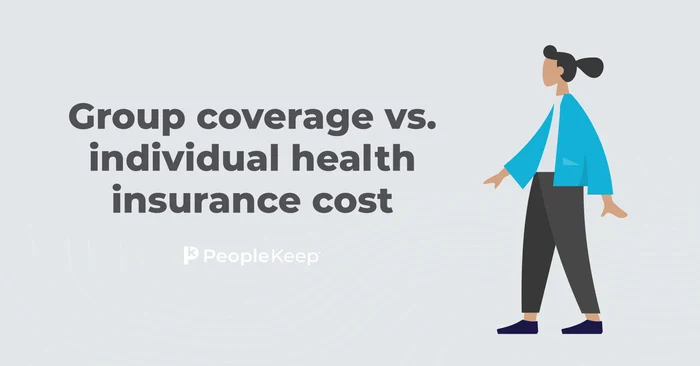
Introduction:
Health insurance plays a crucial role in ensuring financial security and access to quality healthcare services. With rising medical costs and unforeseen health issues, having adequate health insurance coverage has become more important than ever. In this comprehensive guide, we will delve into the intricacies of health insurance, its types, benefits, factors to consider while choosing a plan, and tips for maximizing your coverage.
Understanding Health Insurance:
Health insurance is a contract between an individual and an insurance company, where the insurer agrees to provide financial coverage for medical expenses in exchange for regular premium payments. The coverage provided by health insurance can vary widely depending on the type of plan and the insurer.
Types of Health Insurance Plans:
- Health Maintenance Organization (HMO):
- HMO plans typically require individuals to choose a primary care physician (PCP) who coordinates all their healthcare needs.
- Referrals from the PCP are usually necessary to see specialists.
- HMO plans often have lower out-of-pocket costs but may have a more limited network of healthcare providers.
- Preferred Provider Organization (PPO):
- PPO plans offer more flexibility in choosing healthcare providers.
- Individuals can see any doctor or specialist without a referral, although staying within the plan’s network can result in lower out-of-pocket costs.
- PPO plans tend to have higher premiums compared to HMOs but offer greater freedom of choice.
- Exclusive Provider Organization (EPO):
- EPO plans combine features of both HMOs and PPOs.
- Like HMOs, they typically require individuals to choose a primary care physician, but referrals are not usually needed to see specialists.
- EPO plans often have a restricted network of providers but may offer lower premiums compared to PPOs.
- Point of Service (POS):
- POS plans allow individuals to choose between receiving care within a network (similar to an HMO) or seeking care outside the network (similar to a PPO).
- Out-of-network care typically incurs higher out-of-pocket costs.
Benefits of Health Insurance:
- Financial Protection: Health insurance protects individuals from the potentially crippling costs of medical treatment, including hospital stays, surgeries, and prescription medications.
- Access to Quality Healthcare: With health insurance, individuals can access a wide range of healthcare services, including preventive care, diagnostic tests, specialist consultations, and emergency treatment.
- Peace of Mind: Knowing that you have health insurance coverage provides peace of mind, allowing you to focus on your health without worrying about the financial implications of medical emergencies.
Factors to Consider When Choosing a Health Insurance Plan:
- Premiums: The monthly or annual cost of the health insurance plan.
- Deductibles: The amount you must pay out of pocket before the insurance coverage kicks in.
- Copayments and Coinsurance: Additional costs you may be required to pay for certain services or prescriptions.
- Network Coverage: The network of healthcare providers included in the plan.
- Coverage Limits: Any restrictions on coverage for specific treatments, procedures, or medications.
- Prescription Drug Coverage: Whether the plan includes coverage for prescription medications and any associated costs.
- Annual Maximum Out-of-Pocket Expenses: The maximum amount you will have to pay in a year for covered services.
Tips for Maximizing Your Health Insurance Coverage:
- Understand Your Plan: Familiarize yourself with the details of your health insurance plan, including coverage limits, network providers, and out-of-pocket costs.
- Use Preventive Services: Take advantage of preventive services covered by your insurance plan, such as vaccinations, screenings, and annual check-ups, to maintain your health and catch any potential issues early.
- Stay In-Network: Whenever possible, choose healthcare providers within your plan’s network to minimize out-of-pocket costs.
- Review Your Coverage Regularly: Life circumstances can change, so it’s essential to review your health insurance coverage annually to ensure it still meets your needs.
- Consider Additional Coverage: Depending on your circumstances, you may benefit from supplemental insurance policies such as dental, vision, or disability insurance to fill any gaps in your health coverage.
Conclusion:
Health insurance is a vital component of financial planning and healthcare management. By understanding the types of health insurance plans available, the benefits they offer, and the factors to consider when choosing a plan, individuals can make informed decisions to ensure they have adequate coverage for their healthcare needs. With the right health insurance plan in place, individuals can enjoy peace of mind knowing that they are financially protected in the event of medical emergencies or unexpected health issues.
 Accident Lawyers Offshore Accident Lawyers – Offshore Injuries & Jones Act Lawyer
Accident Lawyers Offshore Accident Lawyers – Offshore Injuries & Jones Act Lawyer



